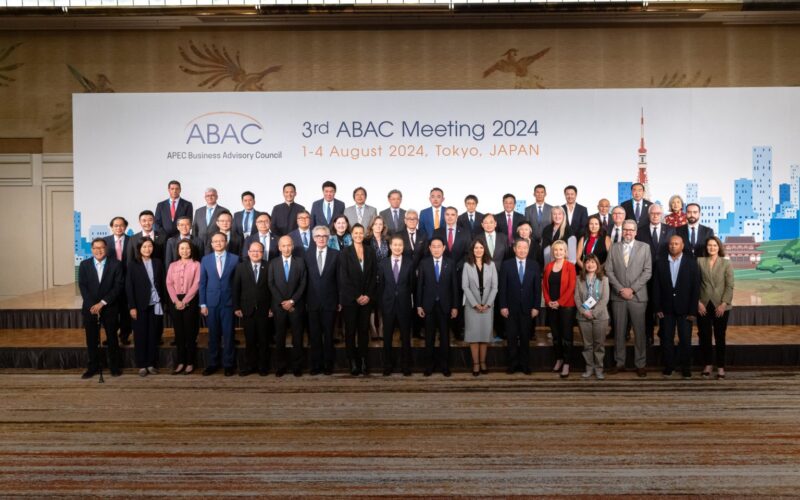Business executives in the Asia-Pacific region have urged emerging economies to issue climate bonds linked to a basket of currencies to mitigate foreign exchange risk while raising funds for the clean energy transition.
The Asia-Pacific Business Advisory Council (ABAC), the business advisory council of the Asia-Pacific Economic Cooperation (APEC) also proposed a pilot programme to establish a voluntary carbon market (VCM) for the region.
Hiroshi Nakaso, head of ABAC’s finance and investment task force, explained that the goal is to create an interoperable voluntary carbon credit network within the Asia-Pacific to accelerate the shift to a low-carbon society. The programme would involve trial cross-border carbon credit transactions among participating countries to identify challenges and solutions.
Currently, the region lacks standardised cross-border regulations for a voluntary carbon market, which is crucial for directing private investment into climate initiatives. The proposals, discussed during ABAC’s meeting in Tokyo from 1-4 August, highlight the growing recognition of the need for collaborative financing between the private and public sectors to address the costs of energy transition.
ABAC will present these recommendations at the APEC leaders’ summit in Lima, Peru this November. Among their proposals, ABAC suggested that regional governments issue 10-year bonds with interest and principal payments indexed to a basket of currencies. This approach would provide developing nations with access to hard currency for solar farms and storage facilities, while also reducing exchange-rate risk for lenders, according to Tom Harley, one of the task force’s project leaders from Australia.
With Asia being highly susceptible to climate-related disasters and many economies dependent on fossil fuels or vulnerable to currency fluctuations, these measures are seen as crucial for advancing the energy transition.




















